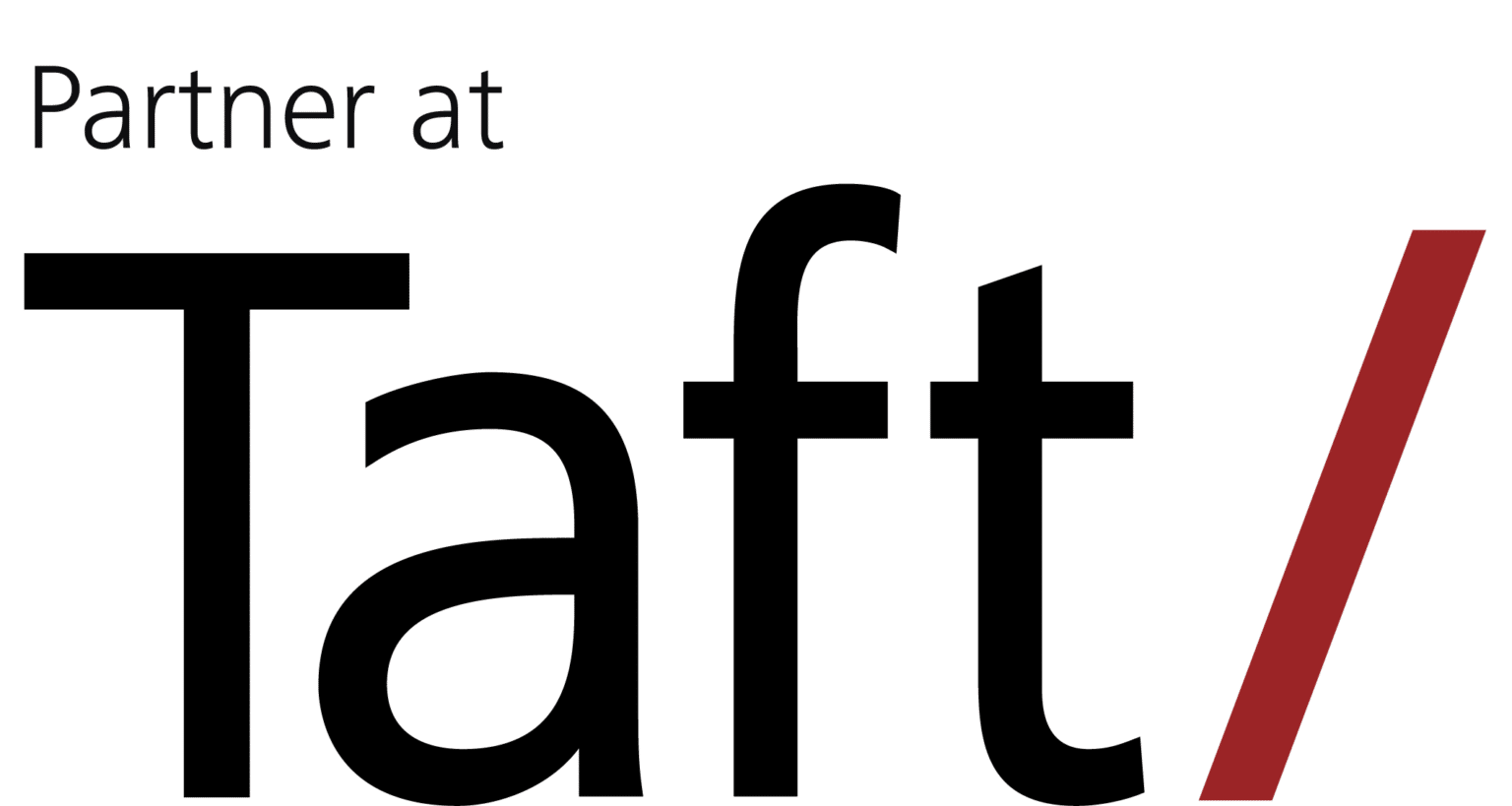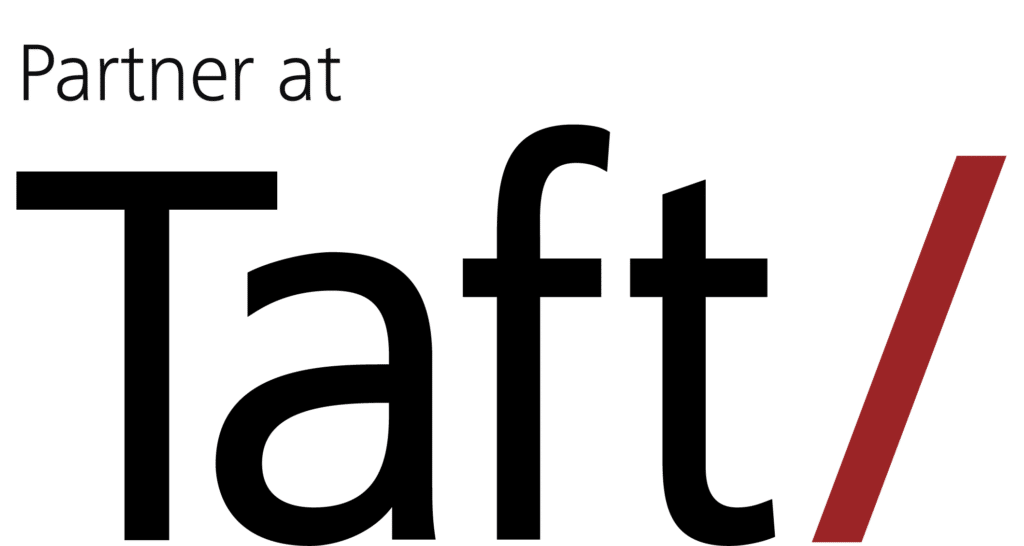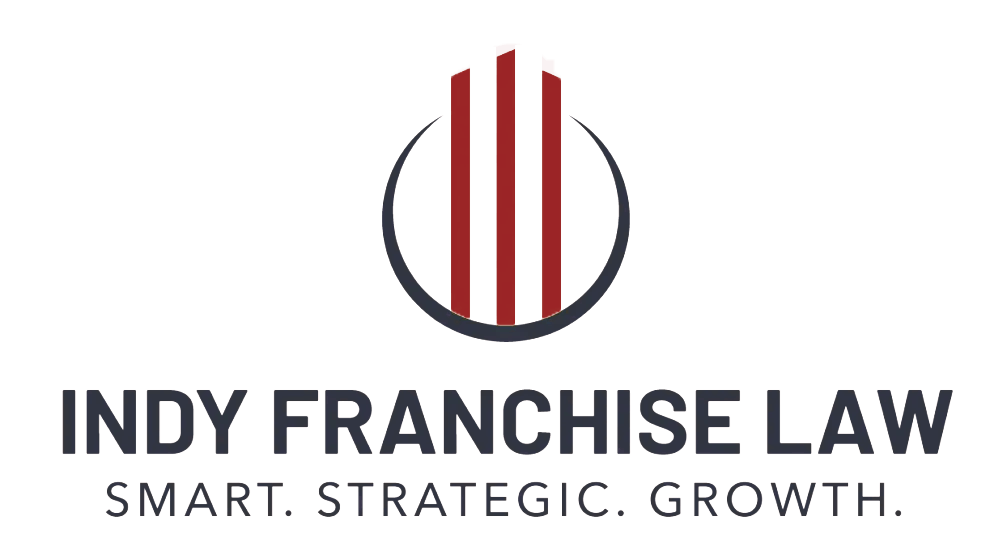Purchasing a franchise can be an exciting, but overwhelming endeavor. It comes with inherent risk, but seeking guidance from experienced professionals can help you determine the expected costs and value, ensure you are legally protected, and are purchasing the franchise the right way. Though this may add to the overall cost, it is well worth it if the counsel you seek is well-versed in franchise and small business matters. Below, in no particular order, are the four types of professionals you should consult before purchasing a franchise.
Accountant
In the Franchise Disclosure Document, franchisors are required to disclose audited financial statements for the most recent three years, unless they are new to franchising in which case other rules apply. It is extremely important to have a CPA experienced in small business and franchise matters review the statements before purchasing the franchise to assess the financial condition of the franchisor and highlight any areas of concern.
Attorney
The Franchise Agreement is the legal contract between the franchisee and franchisor that outlines the obligations, expectations, and requirements of both parties, among other important provisions. As with any legal document, an experienced attorney should be consulted to review the Agreement in order to ensure that you fully understand it before you sign it. A franchise attorney can also assist you with enforcing the Agreement if it becomes necessary. Seeking an attorney in your area that is experienced in franchising matters will significantly reduce your risk and end up costing you less in the long run.
Banker
With so many different avenues available for financing a franchise purchase, it is important to establish a good relationship with a banker. An experienced business banker you trust should be able to give you an honest and objective assessment to help determine what the best option is for you.
Insurance Agent
A common provision in the Franchise Agreement is the requirement that the franchisee procure and maintain certain kinds of insurance in order to open and operate the franchise. If the franchisee fails to comply with the requirements, the Agreement will likely grant the franchisor the right to take out the required insurance policies on the franchisee’s behalf and the franchisor would be entitled to reimbursement for its expenses. It is important to discuss the required policies, and any other policies you might need, with an insurance agent to determine the expenses and coverage associated with the policies.









